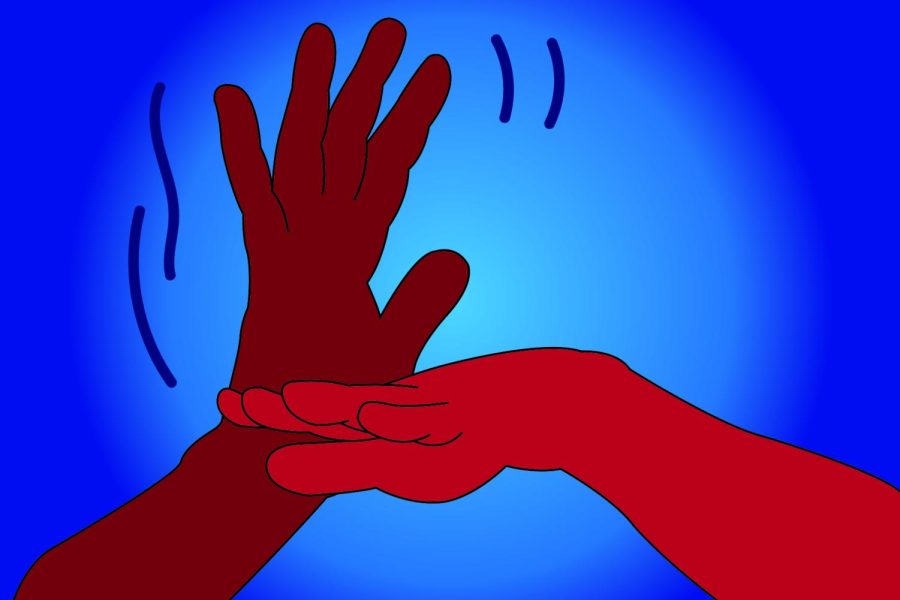DHH-A Club Meeting: Representation in Media
On Nov. 10, the DHH-A Club held its fourth meeting of the semester, touching on media representation and assistive technology.
The president of the DHH-A, Isabelle Sander, started the meeting by introducing deaf and hard of hearing representation in media. Alaqua Cox, a deaf Native American actor, will be playing Echo in the new Marvel Hawkeye series featuring on Disney+ on Nov. 24, 2021.
In response to this new character, Sander said, “The DHH community is larger than people realize, the same as any community or group. There should be representation in media so younger people who are looking up to these characters or these figures in social media or pop culture in general have someone to look up to.”
Next, Millicent Simmonds, the deaf actor from “A Quiet Place,” was talked about as an advocate for representation of the deaf community in media. Sander showed a video of Millicent, which explained how incorporating the deaf community in movies helps other deaf actors be hired by directors to ultimately get more recognition for their acting talents.
Another example of representation in media that was talked about was Hailey Cooper, from “Marvel’s Spider-Man: Miles Morales” video game. Played by Natasha Ofili, Hailey Cooper has impaired hearing and uses sign language. Sander mentioned that the video game creators incorporated actual sign language in the video game.
Other media includes the anime movie, “A Silent Voice,” which mentioned a girl who had been bullied for being hearing impaired and had to work through the pain that her bully had put on her. “Godzilla vs. Kong” features a young actor who is deaf and the other actors on set learned sign language to communicate with her.
Lastly, “Sound of Metal” was discussed. A drummer loses his hearing and joins the DHH community. Sander explained that the director did a great job showing the DHH community, but the topic of assistive technology was not used properly. The main character received a cochlear implant, which helped restore hearing, and was cast out from the DHH community because they did not support AT.
Sander explained that there are people in the community that do not support the use of AT, but the director made it seem as though AT was a bad thing.
“It’s not that I don’t like (Hearing aids). Hearing through a device is different. I choose to use AT, because it helps me. I am not going to get angry at someone who doesn’t wear AT,” Sander said.
The “Sound of Metal” portrays hearing aids as a terrible sound, when having hearing aids does not sound the way depicted in the movie. Sander emphasized that it is a person’s choice as to whether they have hearing aids or not.
At the end of the meeting, the club tried sign language to the words “movie,” “actor” and “television.
The next DHH-A meetings will be held on Nov. 17 and Dec. 18. They will be touching more on assistive technology and the upcoming holidays.




